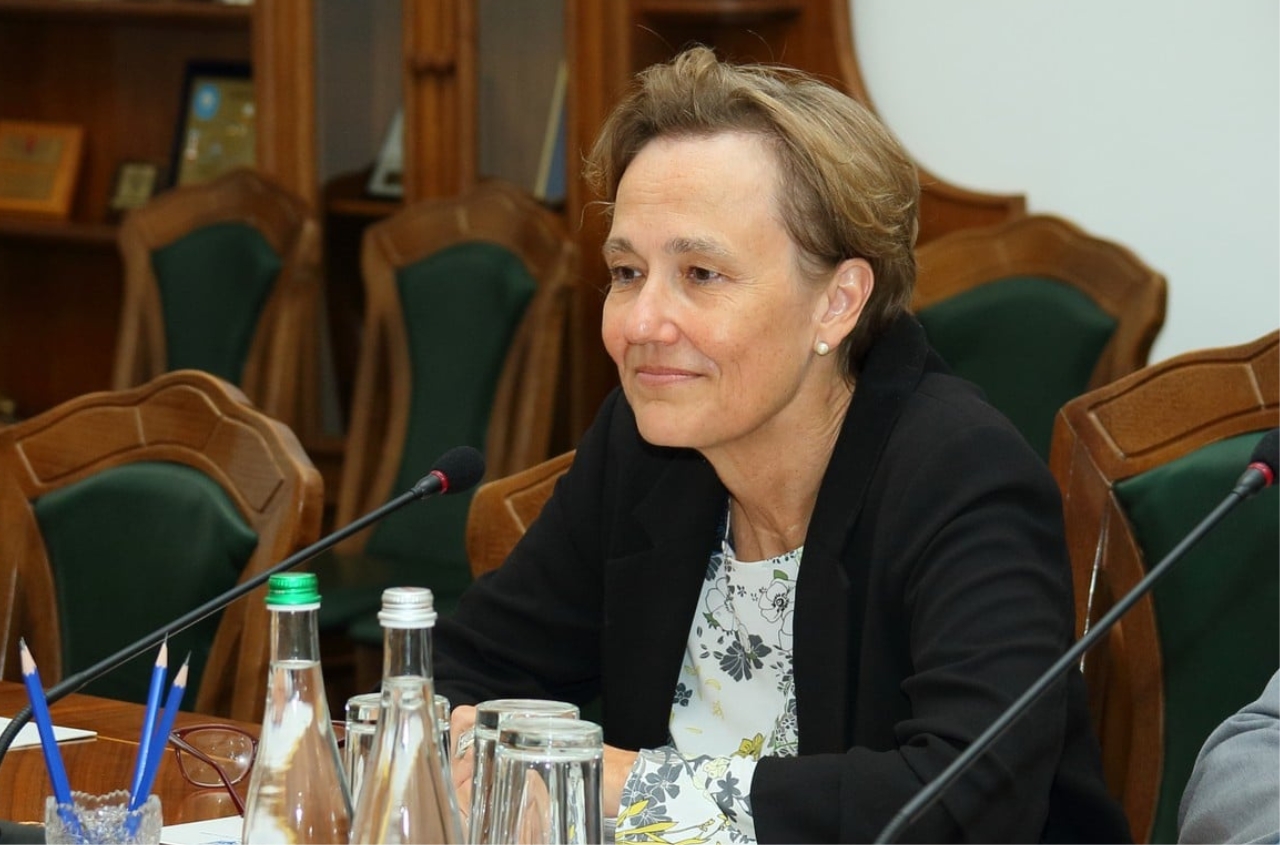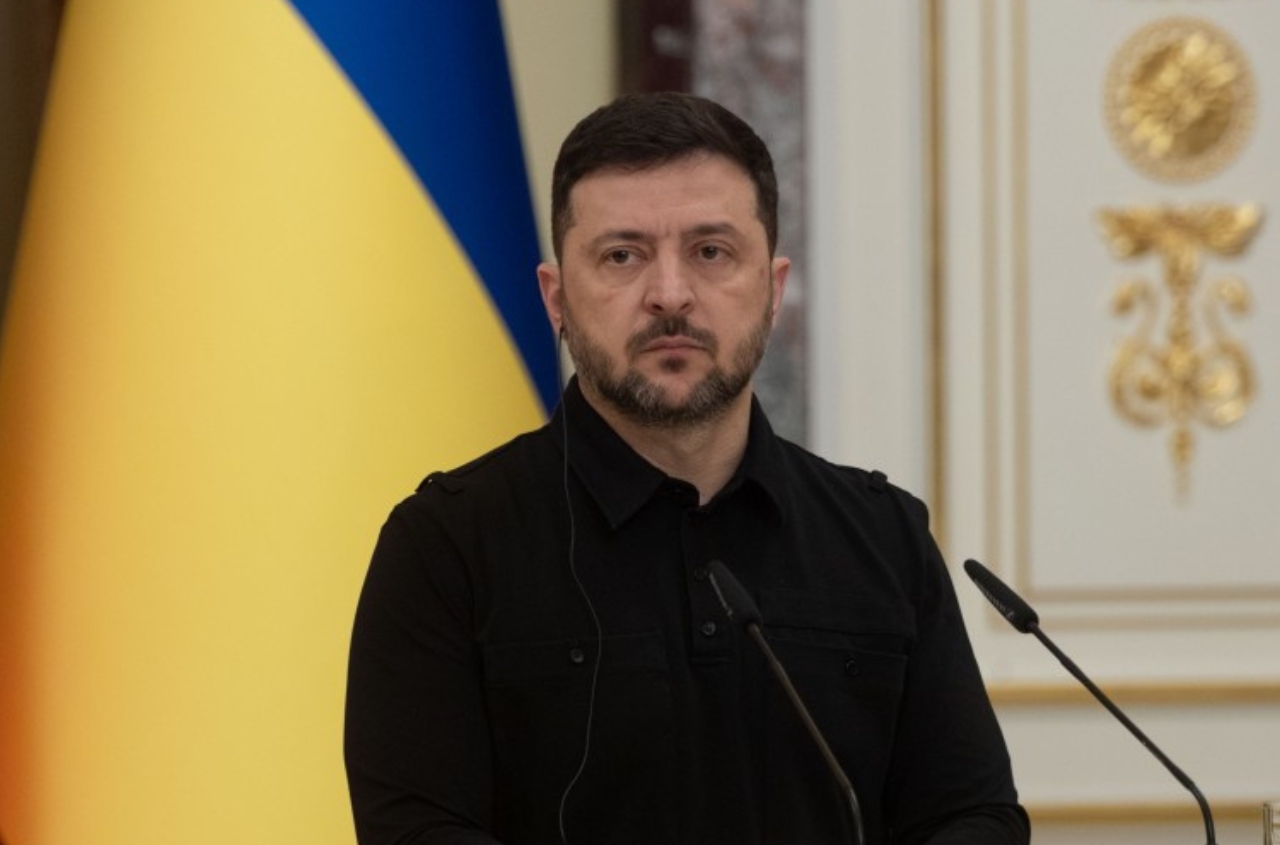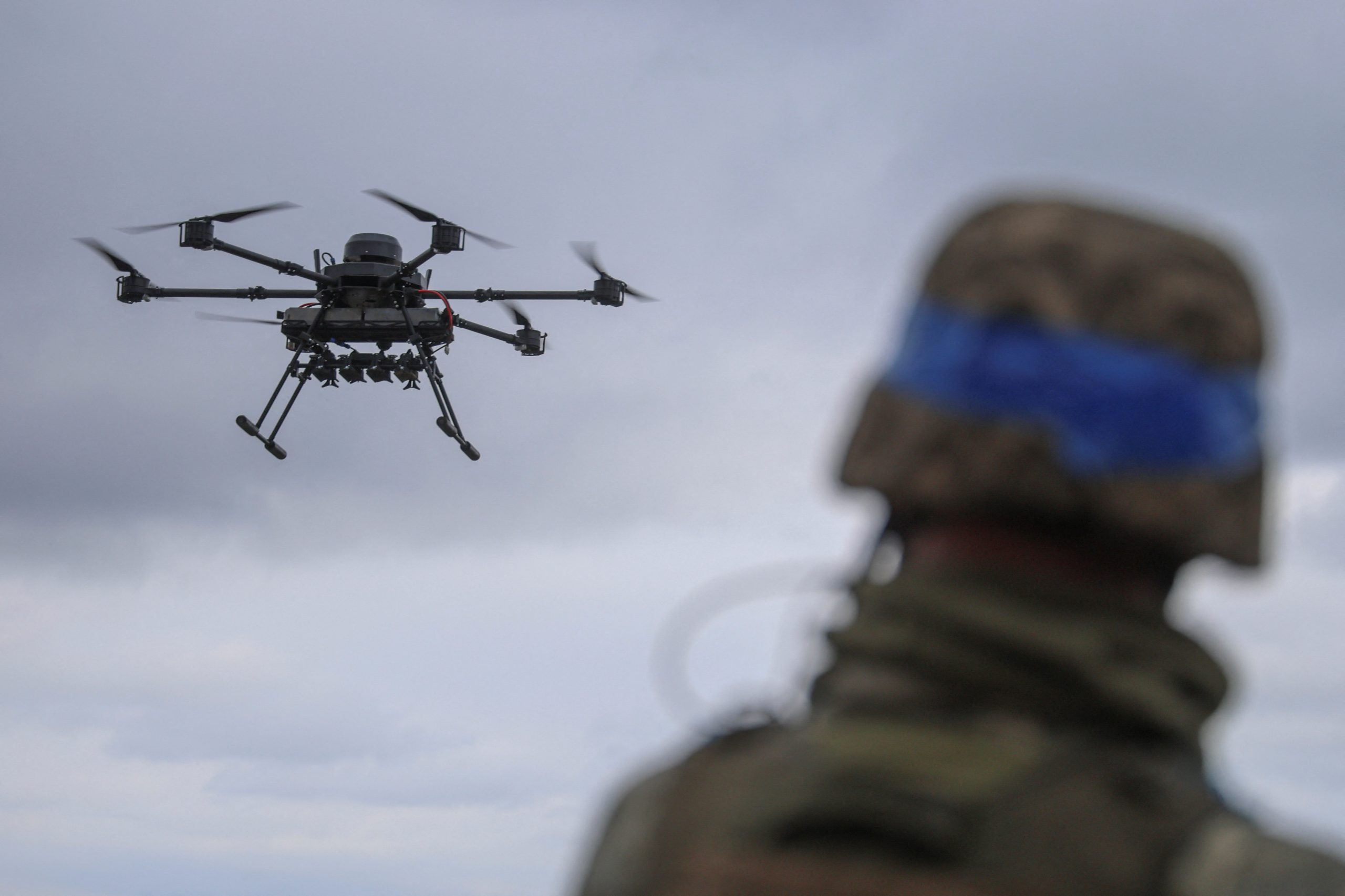Vodafone Group and Vodafone Ukraine will begin construction of the Kardesa submarine cable system, which will connect Ukraine, Bulgaria, Turkey, and Georgia. The new route will pass through the Black Sea and become part of a digital corridor linking Europe and Asia — bypassing Russia.
The project aims to enhance the reliability and security of communications in the Black Sea region, as well as to create an alternative route that avoids Russian territory.
In Europe, the main partner is global Vodafone. The Black Sea submarine cable segment will be financed in part by Vodafone Ukraine and implemented in cooperation with the Ministry of Digital Transformation.
Why is this important for Ukraine?
- Digital sovereignty and security: The cable will significantly improve the reliability and resilience of Ukraine’s telecommunications infrastructure.
- New transit potential: Ukraine will become a key transit hub between Europe and Asia.
- Investment and jobs: The project will stimulate infrastructure development (data centers, traffic exchange points) and the digital economy, attract investment, and create new jobs, particularly for engineers, project managers, and IT specialists.
Kardesa will add an additional 500 Tbps of capacity to the Black Sea region, which is critical for handling growing traffic from 5G, AI, and streaming services. The project’s cost exceeds €100 million.
Construction of the first segment in Bulgaria will begin in 2027. In Ukraine, all work will be carried out exclusively in internationally recognized safe zones and contingent on regional stability and security.
The Kardesa project is an important step toward integrating Ukraine into global digital initiatives and strengthening its position as a strategic digital hub.



















